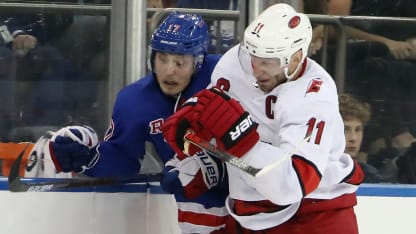Every coach is going to try to make the best of the situation he has available, and for Blue Jackets coach John Tortorella it looks like a win-win; each goalie is good and coming off a quality season. But neither, as you mentioned, has played in the NHL postseason, which makes it a pressure-filled choice. Choose wisely and I think the Blue Jackets will defeat the Toronto Maple Leafs in the Qualifiers and advance. Choose poorly and my feeling is Columbus will be eliminated quickly by Toronto. But how do you choose when you don't have history or recent games to base your decision on? Instead, you're relying on practice, maybe an intrasquad scrimmage or two, and one exhibition game that won't have near the intensity of the games the Blue Jackets will be playing against the Maple Leafs. It's a tough call. That's why I'd prefer one goalie I trust. That doesn't mean you have to start him, but at least you know you can fall back to him, like the Washington Capitals did in 2018. Philipp Grubauer started Games 1 and 2 for Washington against Columbus in the Eastern Conference First Round; the Capitals lost twice and turned to Braden Holtby, who carried the Capitals the rest of the way to the Stanley Cup.

